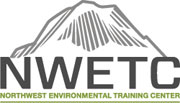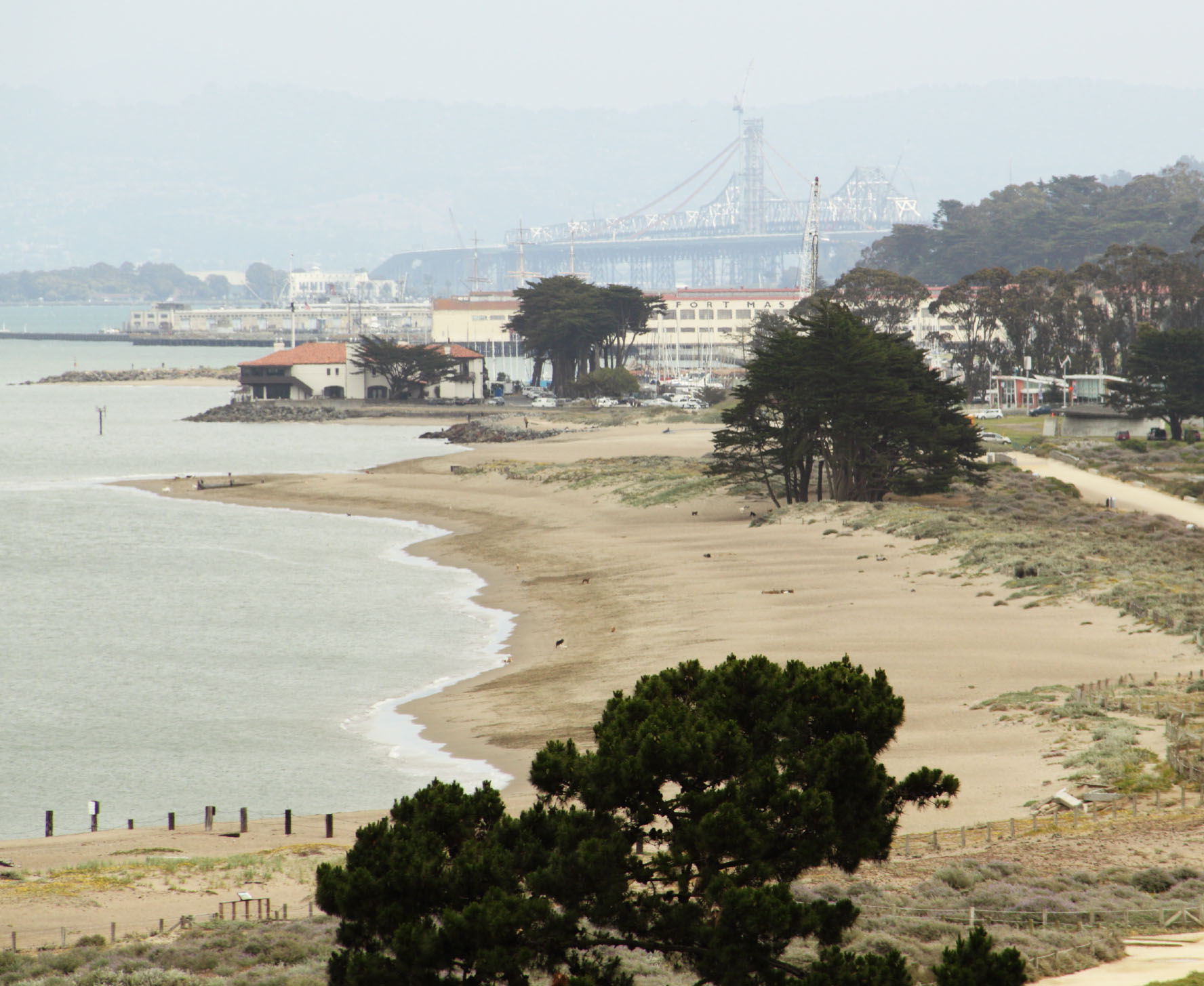|
Description: This 2-day course will provide a broad overview of nearshore ecological restoration, protection, and enhancement techniques for diverse nearshore habitat types along the West Coast of the United States. The course will provide an overview of planning, design, and implementation of nearshore projects of regional and site-specific spatial scales and will also define and discuss nearshore restoration, protection, and enhancement projects. Restoration, protection, and enhancement initiatives and projects are most effective when they include the coordination and communication between communities, planners, scientists, engineers, and other stakeholders. Participants will gain a framework for identifying, evaluating, and developing nearshore restoration, protection, and enhancement projects of varying spatial scales and will learn about the planning of nearshore restoration, protection, and enhancement projects. Learning about design and implementation strategies is included along with a field trip on Day 2 to an established nearshore restoration, protection, or enhancement site. Please click on the Course Topics link below for additional details on what is covered in the course.
Intended Audience: Environmental professionals, planners, engineers, consultants, public officials, decision-makers, and citizens interested in learning about nearshore ecological protection, restoration, and enhancement.
Continuing Education Units: 1.30 CEUs
Course Topics
o Exploring examples of nearshore restoration, protection, and enhancement projects in the Puget Sound and San Francisco Bay. o Reviewing a spectrum of factors that contribute to project effectiveness in meeting ecological performance goals. o The social and regulatory considerations for candidate restoration, protection, and enhancement sites. o Approaches on how to identify candidate restoration, protection, and enhancement sites on a regional, as well as a site-specific scale. o How to find funding sources for nearshore restoration, protection, and enhancement projects. o Identifying and evaluating opportunities and constraints when developing restoration and protection projects. o Designing monitoring programs and adaptive management strategies. o An introduction to design and engineering concepts. o A discussion about adaptive management techniques at sites. o The consideration of potential sea level rise in the project vicinity. o Approaches to ongoing funding and adaptive management strategies for the monitoring and maintenance of sites.
About the Instructor
 Annika Fain has participated in marine nearshore and stream ecological restoration projects for the past 20 years. Annika has a BS in Marine Ecology, MS in Environmental Science and Engineering, and MS in Geological Oceanography. As part of her graduate research, she collected data and studied water and sediment transport in the Columbia River Estuary and the Adriatic Sea. She has managed and completed technical analyses for habitat restoration and mitigation projects involving wetlands, streams, rivers, and estuaries in the Pacific Northwest and California. Her experience includes field work in both freshwater and marine nearshore environments along the west coast of the United States. She has modeled hydrology, hydrodynamics, and hydraulics and sediment transport in estuary, coastal, river and floodplain systems using a variety of numerical models. Annika is a Certified Floodplain Manager and has experience with performing benefit cost analysis and implementing the FEMA community rating system. She also has conducted marine water quality, marine biology, hydrology and water quality, and geological impact analysis and performed soil surveys and water quality monitoring.
What to Bring
Drinks and snacks will be provided throughout Day 1 but lunch will be on your own. On Day 2, lunch is included as part of the field trip. Please wear comfortable clothes appropriate for the prevailing weather.
Billing Information
In order to guarantee a space in a course, the tuition must be paid in full TWO WEEKS before the first day of the course by either check or credit card. State and government agencies paying with a purchase order are allowed payment under the two-week time frame if a copy of the purchase order is received by NWETC.
If You Need to Cancel
Cancellations*-
With 31 or more days notice, we will offer a 100% refund or credit towards a future course. The credit is good for one year and may be applied to any course.
- With 30-8 days notice, we will offer a course credit towards a future course. The credit is good for one year and may be applied to any course.
- With fewer than 8 days notice, there is no course credit available
*Please note that attendee replacement is welcome at any time
Disability Accommodations
Disability Accommodations:To request disability accommodations, please contact us at info@nwetc.org or 425-270-3274 at least 30 days prior to the event.
|










